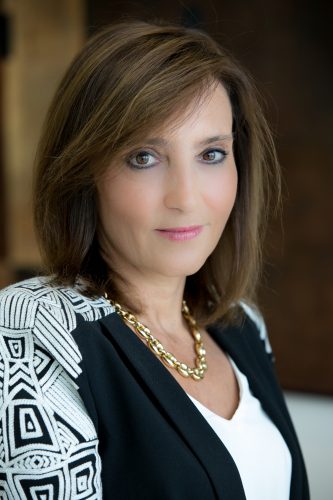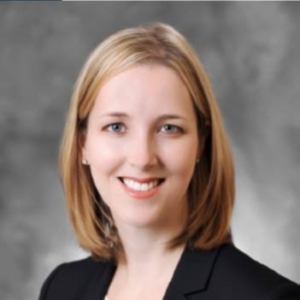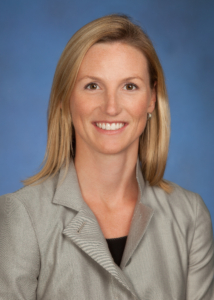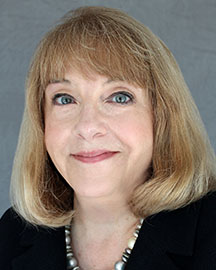Guest contributed by Carolyn Leonard
No one is comfortable going into a bustling room filled with people that you don’t know. Many of us, despite whatever stature and success we may have achieved, still feel shy and awkward in those situations. To keep me focused and sideline some of the jitters, I set myself a goal of walking out having made two friends. To my mind, it’s not about how many business cards I can collect, but all about connecting, making good first impressions, and trying to forge mutually beneficial relationships from there.

Image via Shutterstock
To that end, a series of experiments by Princeton psychologists Janine Willis and Alexander Todorov conducted more than a decade ago and published in the July 2006 issue of Psychological Science resulted in some very interesting conclusions. They revealed “that all it takes is a tenth of a second to form an impression of a stranger from their face”. The authors went on to note that longer exposures don’t significantly alter those initial impressions (although they might boost your confidence in your judgments).
Women sometimes still face many challenges when it comes to career advancement. In particular, we believe that the quality of our work should speak for itself and for us. So, instead of showing up at a company cocktail party or event where we would meet people who if they knew us could influence our career path or even sponsor us we stay huddled behind the safety of our computer working away.
Part of my business development and marketing game plan is very straightforward. I call it “just show up.” I accept invitations to a breakfast, lunch or dinner where I will have the opportunity to meet new people. We get them in our “inbox” many times a day. I select two events a week to participate in where I will be meeting new people.
In order to make good first impressions I wear a smile and look confident. When I am at an event where I don’t see anyone I know, I scope out the room and try and identify someone who looks interesting. After introducing myself, I am always very conscious of looking for a connection or common interest. Good connections are almost always mutually beneficial.
In early June I went to a networking dinner knowing only one other woman in attendance. During the dinner, we discussed the importance of funding female led initiatives and of women supporting other women. I mentioned an idea that a group of women, myself included, are working to launch. We want to invest time, education and money in early stage, women-led companies. We want to hold workshops and boot camps to educate investors to learn what to look for in making these types of investments.
One of the women at the table perked up and said that that was exactly what she was looking to do with the next phase of her career. She has a wealth of knowledge and experience in building marketing programs and membership organizations from the ground up which no one else in the group has. She is a perfect fit for this venture, and by simply showing up, I found a great partner.
People promote people that they know and like. So becoming a good networker is an important tool in opening doors for new opportunities and friends. Join industry organization like WILD or Women In ETF’s, mentorship programs and women’s initiatives within your organization. Be seen and make meeting new people fun!









